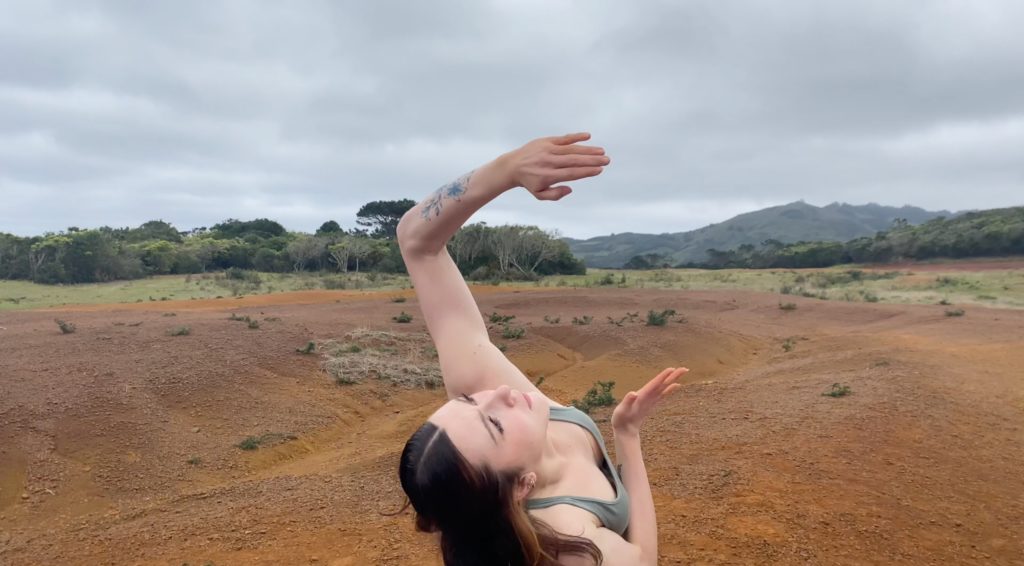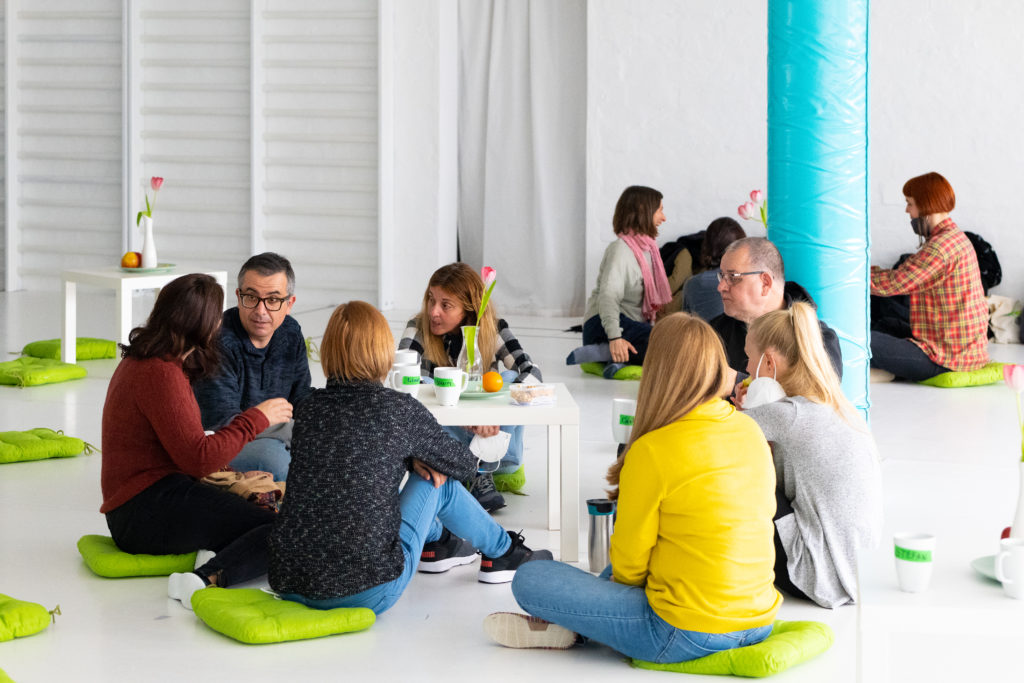Our next training, Application for Choreology in Disrupting Behaviours, will take place as a physical event from 2 – 6 October, 2022 hosted by Município de Vila do Porto on Santa Maria Island, Açores, Portugal.
Registrations
- Because of limited flight access, we recommend submitting registrations by 30 June to ensure adequate transport to Santa Maria Island.
- Please contact your ABMS host partner to better understand transportation requirements.
Understanding Choreology
- Choreology (by Rudolf Laban) is the study of dance notation or aesthetic and scientific study of human movement by movement notation. In this first Santa Maria Island training, we will practice how to use choreology to encourage dance participation and establish positive routines, beliefs, and behaviours in vulnerable populations using the language of choreology.
- How We Define Vulnerable: We define vulnerable people as those that have been historically and systemically underserved as well as those that are currently experiencing hegemonic inequities (physical, economic, or social). In using the term “vulnerable,” we are not blaming or disempowering vulnerable populations. Instead, we recognize the systemic barriers that prevent people from fully participating in society. We also note that a person’s proximity to hegemonic characteristics (e.g. white, urban, cis, heterosexual, wealthy, able-bodied, and thin) affects the degree of their vulnerability.
Training Highlights
- Developing movement using choreology that is supported by mentorship in small groups and teaching practicums
- Bus tour around Santa Maria Island
- Boat tour around Santa Maria Island (weather permitting, additional fee required)
- Dance performance by traditional Santa Maria folk artists
- Contemporary music performances by local Santa Maria artists
- Accommodations in traditional Santa Maria houses (protected cultural heritage sites)–limited availability
- Vegan and vegetarian meal options featuring Santa Maria produce
Guest Trainers
- Margaux Labossière is reconnecting with her Francophone roots & has reconciled with her womanhood & queer identity to find herself. Her journey of self-discovery inspires & enables her to use art to interpret & empower the stories of the diverse artists in her community.
- Gwendolyn Mitchell has struggled with anxiety for most of her life. She has personal experience facing darkness & persevering. She draws on these experiences to inform her artistic practice: demonstrating emotional range through her physicality, dynamics, & facial expressions to help portray stories of the choreographer & the communities that she serves.
- Kaitlyn Bass: Growing up Kaitlyn saw alcoholism affect her dad & sister. Kaitlyn’s experiences have exposed the powerful capacity for dance to heal, & have informed her ability to provide mentorship and support.

